-
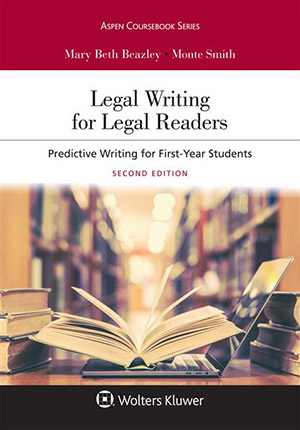
Legal Writing for Legal Readers: Predictive Writing for First-Year Students
Applying the perspective of the reader to the craft of writing, Legal Writing for Legal Readers teaches the differences between strong and weak legal writing by letting students read examples of both. Students discover how productive it can be to read a well-articulated argument, as compared to one that is illogical and ill conceived.
-
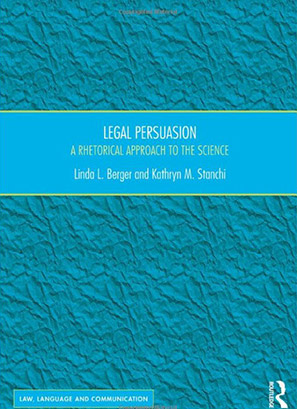
Legal Persuasion: a rhetorical approach to the science
This book develops a central theme: legal persuasion results from making and breaking mental connections. This concept of making connections inspired the authors to take a rhetorical approach to the science of legal persuasion. That singular approach resulted in the integration of research from cognitive science with classical and contemporary rhetorical theory, and the application of these two disciplines to the real-life practice of persuasion.
-
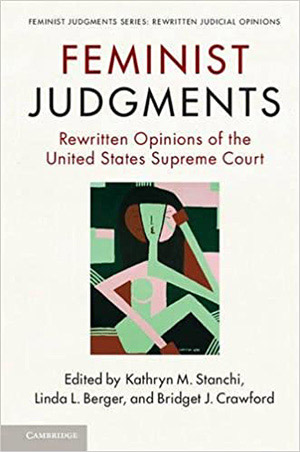
Feminist Judgments: Rewritten Opinions of the United States Supreme Court
What would United States Supreme Court opinions look like if key decisions on gender issues were written with a feminist perspective? Feminist Judgments brings together a group of scholars and lawyers to rewrite, using feminist reasoning, the most significant US Supreme Court cases on gender from the 1800s to the present day.
-
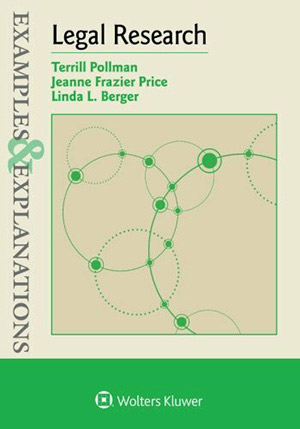
Legal Research: Examples and Explanations
This book is designed to meet the needs of law students who have come to expect that they will instantly receive answers to their questions. Rather than cataloging sources or outlining processes, this text starts where today s law students are when they realize they have a research problem.
-
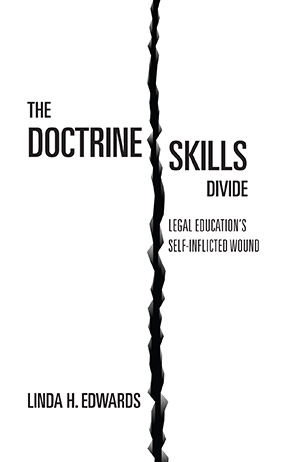
The Doctrine-Skills Divide: Legal Education's Self-Inflicted Wound
Calls to reform legal education argue for increasing skills courses and for adding skills components to existing doctrinal courses. Doctrinal teachers naturally resist. The argument asks them to give up curricular space and syllabus time in order to advance the teaching goals of someone else's course. But what if doctrinal and skills courses are not naturally occurring categories at all, but rather subjective groupings of our own creation? What if skills teaching is actually an inherent part of deep doctrinal learning? This book dismantles the theoretical legitimacy of the doctrine-skills divide, identifies its unnecessary negative entailments, and suggests better alternatives.
-

Estates in Land and Future Interests: A Step-By-Step Guide
This concise text offers a proven-effective method for teaching the complex terminology and relationships of estates and future interests.
-

Legal Writing and Analysis
This concise text offers a straightforward guide to developing legal writing and analysis skills for beginning legal writers.
-
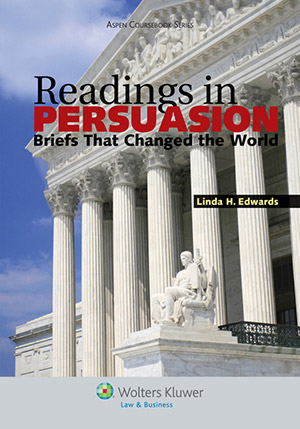
Readings in Persuasion: Briefs that Changed the World
An innovative and riveting look at briefs from a highly respected author that can be used a primary text in an advanced legal writing class or as a secondary text in a basic legal writing course.
-
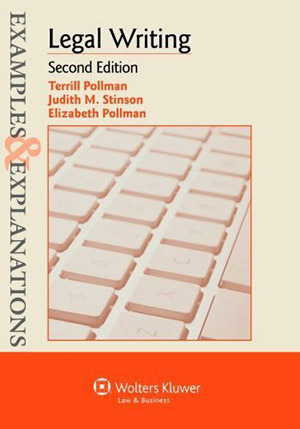
Examples and Explanations: Legal Writing
Legal Writing uses a methodology based on the E&E pedagogy to teach students how to analyze and assess the effectiveness of their writing. Students decide whether the writing excerpts in the examples meet certain criteria for effectiveness. The authors then explain why the example succeeds or fails to meet those criteria. Legal Writing: Examples & Explanations is designed to accompany any legal writing text.